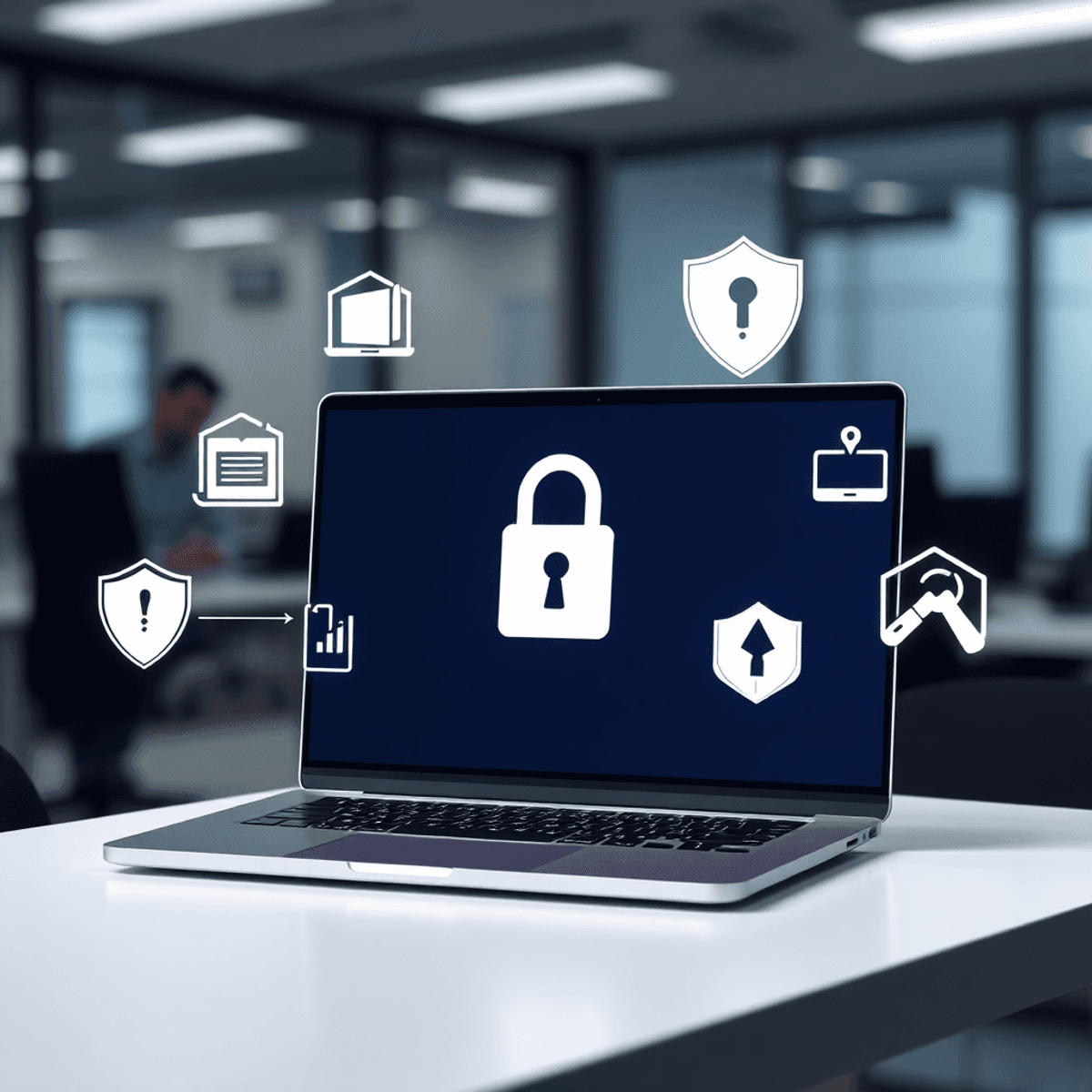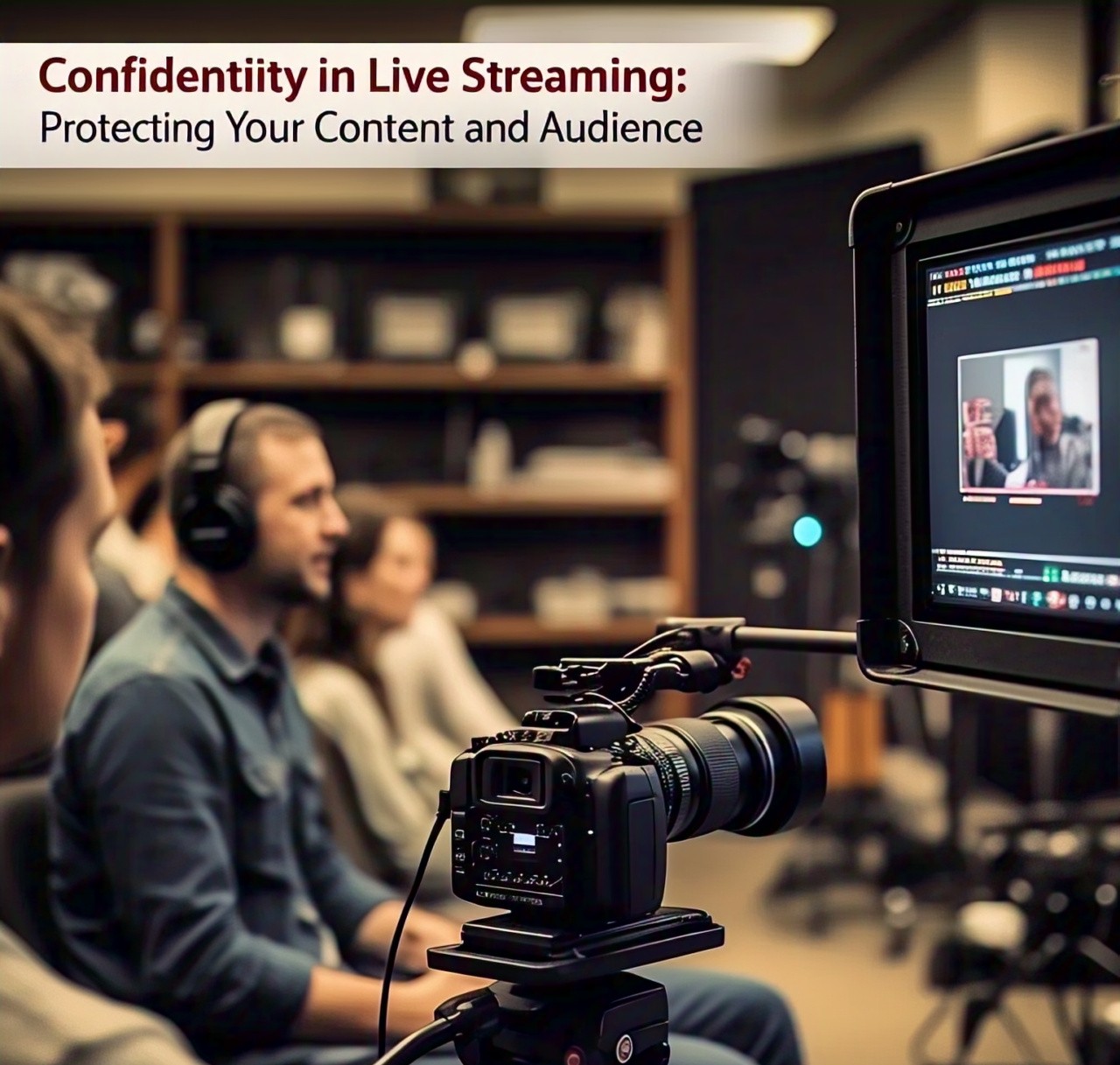
Introduction:
Brands, businesses, and content producers may now interact with viewers in real-time thanks to live streaming. Confidentiality is essential for preserving compliance, security, and trust in live streaming, whether it’s a business webinar, live event, or gaming broadcast. The principles of live streaming confidentiality and recommended practices for protecting private content will be covered in this article.
Why Confidentiality Matters in Live Streaming
Confidentiality in live streaming is essential for multiple reasons:
1. Protecting Proprietary Information: Sensitive information from internal meetings, training sessions, or product launches is regularly published by professionals and companies.
2. Audience Privacy: Viewers may participate in discussions that require discretion, ask questions, or reveal private information.
3. Compliance with Regulations – Industries like healthcare, finance, and education must follow data privacy rules such as COPPA, GDPR, and HIPAA.
Preventing Unauthorized Access: Leaks, piracy, and unwanted disruptions are prevented by restricting access to the target audience.
Best Practices for Ensuring Confidentiality in Live Streaming
1. Make use of safe streaming services
Select a trustworthy live streaming service with integrated security measures like restricted access controls, encrypted connections, and password protection.
2. Put Access Control Measures in Place
Use the following to manage who can see your live stream:
Password-protected stream access
Links that are only accessible by invitation
Both hosts and participants should implement two-factor authentication (2FA).
limiting access via geofencing according to a user’s location
3. Keep Your Streams Safe
Encryption can prevent unauthorized live stream interception. Platforms that use end-to-end encryption ensure that only the intended recipients may view the communication.
4. Monitor and manage conversations in real time
Live debates are an important part of streaming, even though they might be risky. To prevent data leaks and filter important content, use real-time moderators or automated technology.
5. Safely Handle Recordings
Make sure the content is safely saved with restricted access if your live feed is being recorded. To stop unwanted distribution, limit downloads and use encrypted cloud storage.
6. Interact with Your Group and Audience
Maintaining confidentiality is a joint duty. During a live session, teach viewers what information they should not disclose and train your team on best practices.
7. Examine and revise security guidelines Frequently
The dangers of online are always changing. To stay up to date with the most recent compliance standards and industry best practices, review and update your live streaming security rules regularly.

In conclusion
More than just a security precaution, confidentiality in live streaming is a dedication to audience trust, data protection, and compliance. You can establish a private and secure streaming environment by adhering to best practices, which include monitoring access limitations, encrypting feeds, and employing secure platforms.
Security and privacy are our top priorities in every live stream at Lightspeed Technologies LTD. To find out how we can assist in safeguarding your audience and material, get in touch with us right now.
